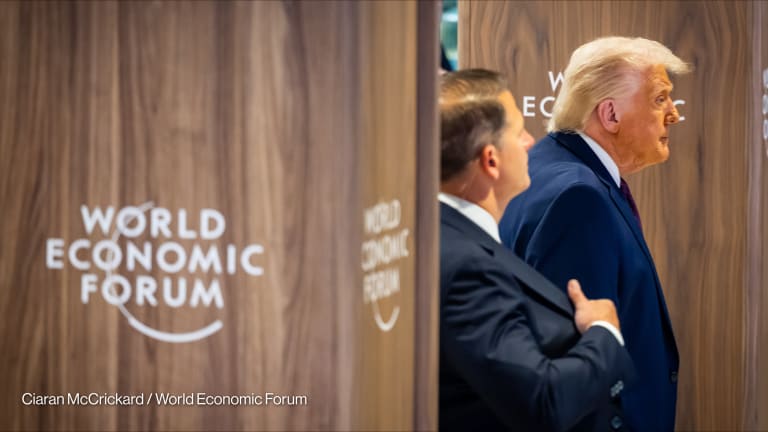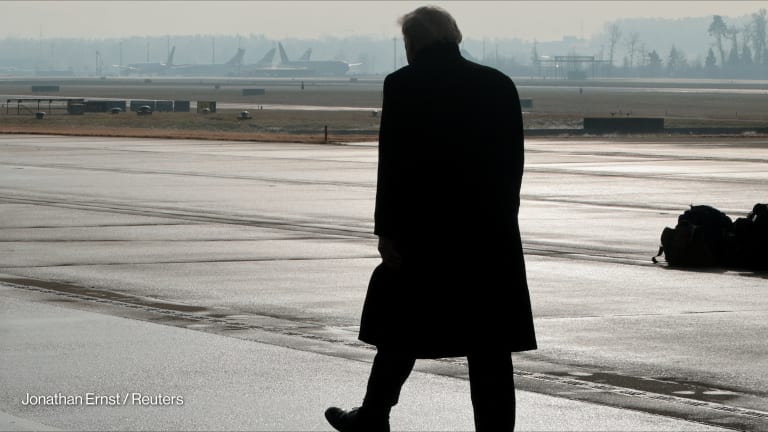The world’s elite has once again touched down in Davos — and from a ski town in the Alps, the World Economic Forum has officially begun.
For over 50 years, the weeklong event has attracted billionaires, business execs, kings, and queens — along with some of the most influential leaders in the global development space. This year, the forum will be no different: Over 130 countries will be represented, with 60 heads of state, 40 foreign ministers, and more than 900 chief executives in attendance.
Its 3,000 attendees include everyone from soccer star David Beckham to Shou Zi Chew, the chief executive officer of TikTok; from Mohammad Mustafa, the prime minister of the Palestinian Authority, to António Guterres, secretary-general of the United Nations.
Search for articles
Most Read
- 1
- 2
- 3
- 4
- 5








